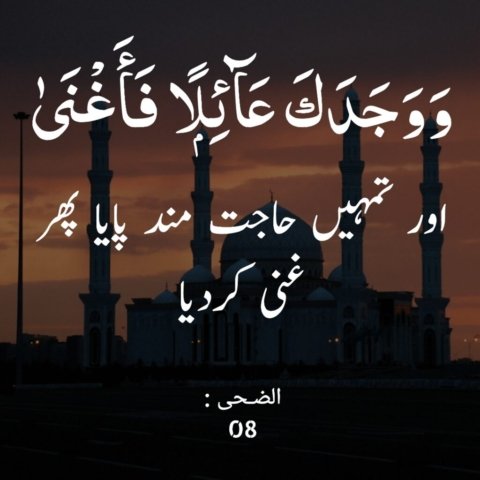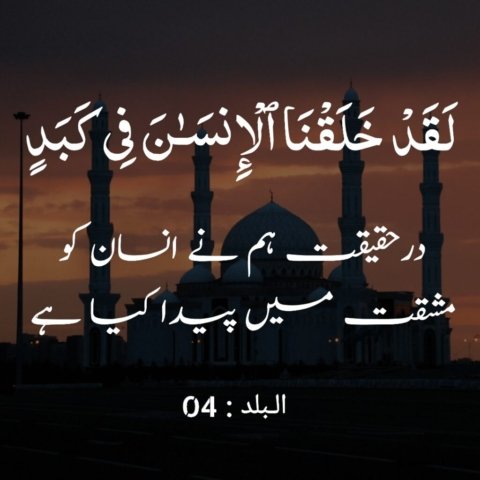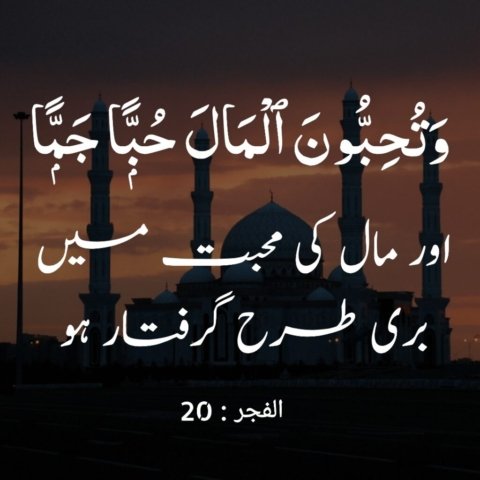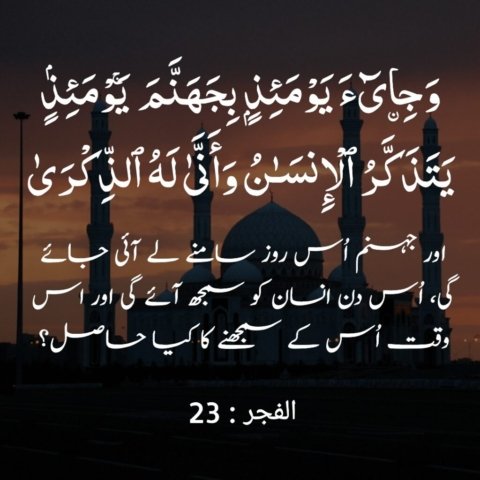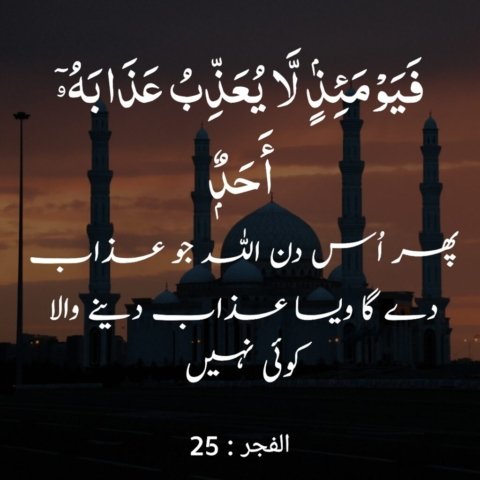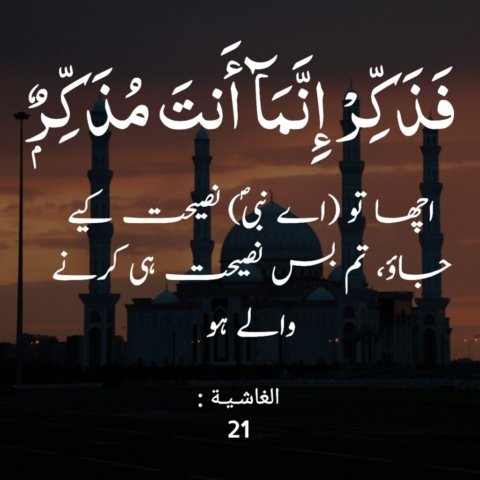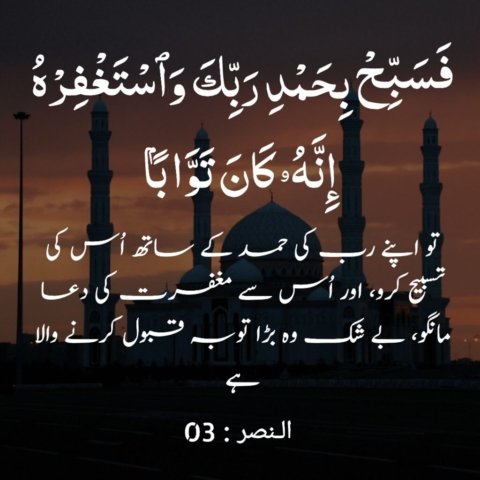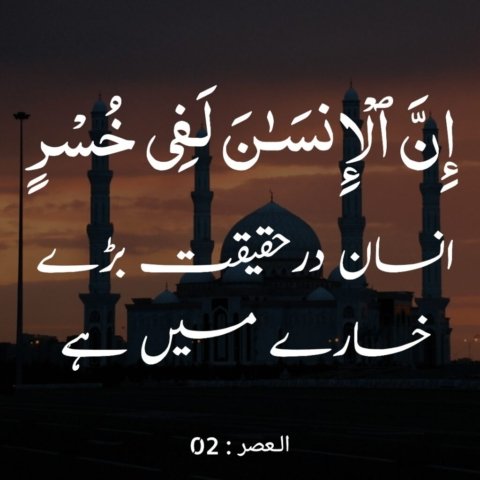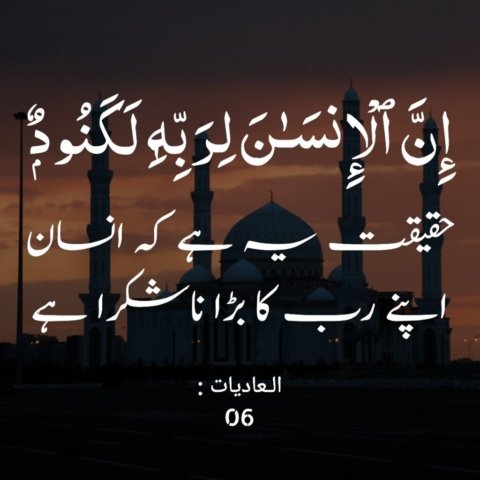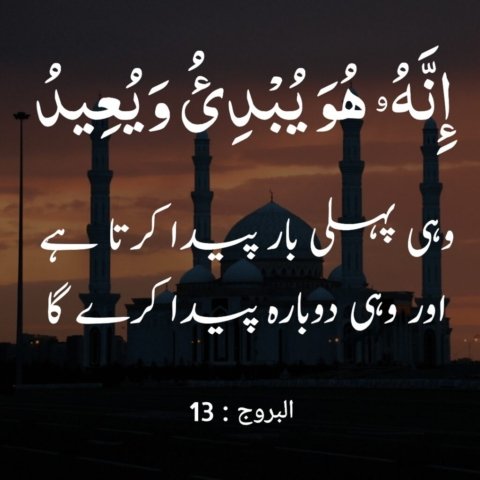Introduction: The Art of Islamic Quotes
Islamic quotes embody a wealth of spiritual and moral wisdom, drawing from centuries-old traditions and teachings. These quotes serve as a vital medium to convey profound life lessons, offering insights into moral conduct, spiritual growth, and personal development. Beyond their textual significance, Islamic quotes hold substantial cultural importance, deeply ingrained in daily life practices. They are not just mere phrases; they reflect the tenets of faith and the essence of divine guidance that inspires millions daily.
The beauty of Islamic quotes lies in their concise yet powerful message. Often derived from the Qur’an, Hadiths, or the sayings of Islamic scholars, these quotes impart timeless wisdom. They serve as reminders to adhere to values such as honesty, compassion, and patience. In contemporary times, their role extends beyond verbal conveyance to become a source of visual inspiration as well, often presented through creative images that elevate their impact and appeal in modern society.
Artistic presentation plays a crucial role in the propagation and appreciation of Islamic quotes. The integration of calligraphy, digital art, and aesthetically pleasing backgrounds enhances the receptivity of these messages. These visual elements do not merely decorate the words; they serve to underscore their importance, making the wisdom they impart resonate more deeply with the audience. In the modern digital landscape, where visual content reigns supreme, merging artistic elements with Islamic wisdom proves to be an effective means of engagement.
The captivating nature of Islamic quotes in Urdu adds another layer of cultural richness, as Urdu itself is a language deeply embedded in Islamic literature and poetry. Creative images paired with Islamic quotes in Urdu not only make the wisdom more accessible but also more relatable to native speakers, fostering a deeper connection to their spiritual heritage.
Visual Storytelling: Creative Images of Islamic Quotes
In the realm of spiritual expression, the fusion of visual art with Islamic quotes has emerged as a powerful medium to communicate profound messages. Creative images of Islamic quotes not only captivate the eye but also enhance the spiritual impact of the text, making the conveyed wisdom more relatable and memorable. Various techniques, such as calligraphy, digital art, and nature photography, play a pivotal role in this artistic endeavor.
Islamic calligraphy has been revered for centuries as a means of beautifying the written word, and this heritage continues to flourish today. Intricate calligraphic designs not only showcase linguistic elegance but also signify devotion and reverence. Traditional styles, like Thuluth and Naskh, intertwine with contemporary interpretations, generating pieces that speak to both historical and modern sensibilities. These artworks, often adorned with gold leaf and vibrant colors, transcend mere readability and become visual prayers, resonating deeply with the viewer.
The digital age has ushered in new avenues for art, making digital illustrations of Islamic quotes increasingly popular. These images leverage advanced graphic design tools to blend typography with symbolic patterns and motifs. Layers of textures, gradients, and vibrant hues create dynamic compositions that catch the eye. The fluidity of digital art allows for inventive approaches, enabling artists to embed traditional symbols within futuristic designs, catering to a diverse audience while maintaining the sanctity of the quote.
Nature photography also serves as a powerful background for Islamic quotes, connecting the viewer to the awe-inspiring beauty of creation. Pictures of serene landscapes, majestic mountains, and tranquil waters juxtaposed with spiritual messages can evoke a sense of peace and reflection. This combination underscores the connection between divine guidance and the natural world, reminding the observer of the Creator’s grandeur.
Well-designed Islamic quote images have significant psychological and emotional effects. By engaging multiple senses, these visuals render the spiritual messages more approachable and impactful. The harmony of text and imagery can generate feelings of tranquility, inspiration, and contemplation, aiding in the internalization of the spiritual wisdom these quotes offer.
In essence, creative images of Islamic quotes serve not only as carriers of spiritual knowledge but also as artistic embodiments of reverence and devotion. Their emotional resonance and visual appeal significantly enhance the accessibility and impact of the spiritual messages they convey, making them an integral aspect of contemporary Islamic expression.
The Charm of Urdu in Islamic Quotes
The linguistic beauty of Urdu has long been celebrated for its poetic elegance and expressive depth, making it an ideal medium for conveying profound Islamic wisdom. Urdu, with its roots in Persian, Arabic, and other regional dialects, weaves a rich tapestry of cultural and historical significance. Its fluid script and melodic phonetics invite a deeper connection to the spiritual messages contained within Islamic quotes.
In the realm of Islamic literature and poetry, Urdu’s significance cannot be overstated. Historically, Urdu has served as a vehicle for renowned poets and scholars to articulate complex theological and philosophical ideas in a way that is both accessible and aesthetically pleasing. The language’s ability to capture subtle emotional and spiritual nuances adds a layer of profound meaning to the Islamic teachings it conveys.
One of the unique characteristics of Urdu that enhances its suitability for Islamic quotes is its inherent poetic structure. The rhythmic and rhyming patterns found in Urdu make it an ideal language for couplets and verses that deliver Islamic wisdom. For instance, a famous couplet by Allama Iqbal, “خُدی کو کر بُلند اتنا کہ ہر تقدیر سے پہلے، خُدا بندے سے خُد ہی پُوچھے، بتا تیری رضا کیا ہے” translates to “Elevate yourself so high that even before destiny takes its course, God Himself will inquire: ‘What is your wish?’” This quote encapsulates the spiritual ideal of self-improvement and divine connection in a way that resonates deeply due to its poetic presentation.
Similarly, the saying “نیک نیتی ادا کرے نہیں، نیکیاں ادائیں بنا دیتی ہیں” which means “Good intentions do not manifest without action, but actions can transform into virtues” emphasizes the importance of aligning one’s actions with pure intentions. Such quotes not only reflect the essence of Islamic teachings but are also rendered more impactful through the elegant and evocative medium of Urdu.
Urdu’s appeal in the context of Islamic quotes lies not just in its linguistic features, but also in its cultural resonance. The language has been a pivotal part of the Muslim identity in South Asia, helping to preserve and propagate Islamic knowledge through generations. As we embrace spiritual wisdom through captivating Islamic quotes in Urdu, we also honor a rich tradition that continues to inspire and guide millions.
Incorporating Islamic Quotes into Daily Life
Integrating Islamic quotes into your daily routine can be a powerful means of spiritual enrichment and motivation. One effective way to do this is by embedding these quotes into your personal spaces. Consider placing framed Islamic quotes in Urdu around your home, particularly in areas where you spend considerable time, such as the living room, bedroom, or prayer room. These visual reminders can support a constant connection with Islamic teachings, promoting a serene and reflective environment.
In the digital age, our screens are an extension of our personal space. Setting Islamic quotes as your wallpaper on smartphones, tablets, or computer screens can serve as consistent reminders of your spiritual values. Similarly, infusing social media posts with beautifully crafted Islamic quotes can not only inspire your followers but also cultivate a spiritually uplifting atmosphere online. Platforms like Instagram, Facebook, and Twitter can be avenues for spreading these messages, reflecting a commitment to faith in the virtual realm.
Beyond the decorative and digital inclusion, actively using Islamic quotes for personal reflection can enhance spiritual growth. Consider starting a journal where you jot down quotes that resonate with you, alongside reflections or thoughts stimulated by them. This not only reinforces the message of the quotes but also allows for a deeper, personal engagement with the wisdom they convey. Such a habit can be a source of motivation, helping to maintain a positive outlook and focused mindset throughout the day.
Encouraging the creation of a personal collection of favorite Islamic quotes and corresponding images is another profound way to nurture one’s spiritual journey. Whether it’s through scrapbooking, a digital collection, or an artisanal booklet, curating such a repertoire provides a ready source of inspiration and comfort. This practice fosters a more intimate relationship with Islamic teachings and can be a beautiful expression of one’s devotion, reflecting a personalized connection with one’s faith.








